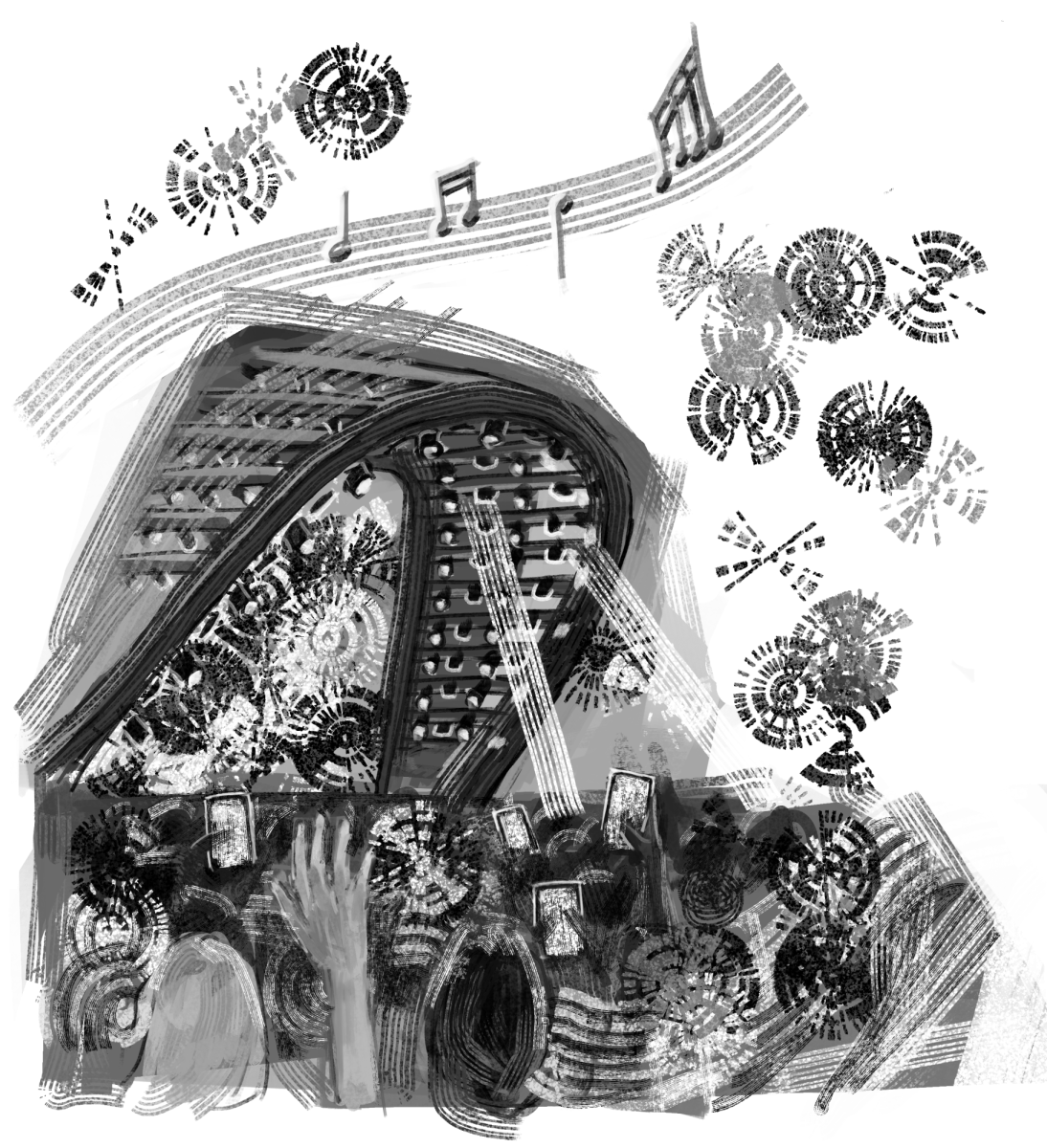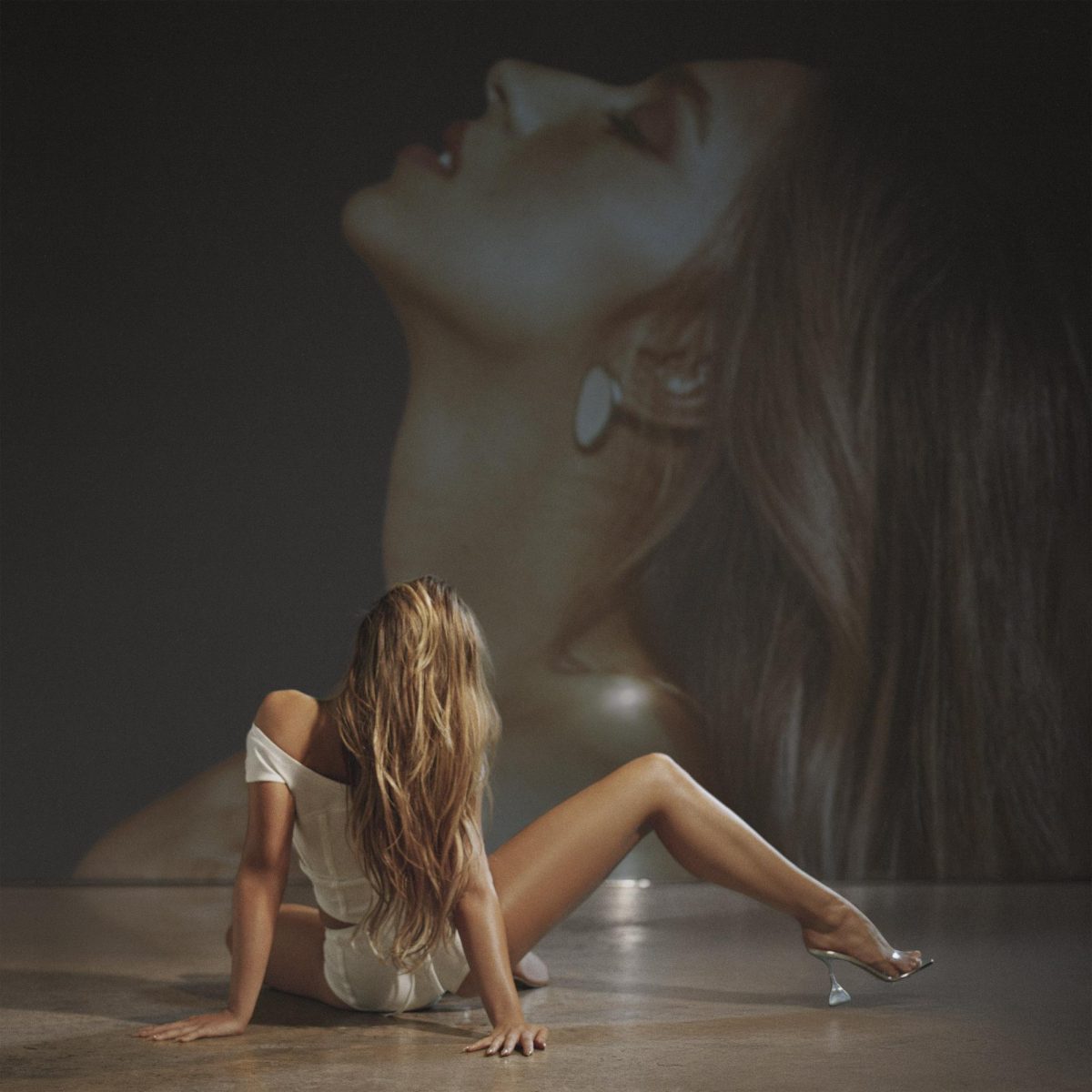Kanye West, a rapper, musician and producer known as Ye, has had quite a career. After attending Chicago State University for Music and working to produce for artists like Jay-Z and Jermaine Dupri, West gained international success and recognition for his debut album, “The College Dropout.” West released nine more solo and three collaborative albums, becoming known for his innovative wordplay and musical style.
In the prime of his career, West was at the top of the world with five number-one hits on the Billboard Hot 100 throughout his career. However, West lost popularity and album sales when, in Oct. 2022, he was exposed by past business partners for Antisemitic comments, as reported by CNN. Additionally, West wore a “White Lives Matter” T-shirt in Paris, which earned further backlash from the fashion and music industry.
West stood by his shocking slew of hate speech as celebrities and companies condemned him, and Adidas eventually cut ties with West due to the Antisemitic comments and misconduct in the workplace.
“Vultures 1” was the first musical work West has released since his brash antisemitism set his career aflame in 2022. “Vultures 1” is a collaborative album with rapper, producer, and singer-songwriter Ty Dolla $ign, released under their collective name, ¥$. “Vultures 1” was released after three singles, “Vultures,” “Carnival” and “Talking/Once Again.” Unlike West’s previous albums, this album rolls back on religious themes and instead focuses on themes of power, money and, most frequently, West himself. Due to the large amounts of mixed reviews from critics and listeners alike, I listened through “Vultures 1,” hoping to get a glimpse into the mind of the man who can only be described as the sun to his own Icarus.
The album’s first six songs left a horrible impression and had the same glaring problems throughout the tracks. Firstly, the instrumentals in the background of many songs were stagnant and boring, making the songs feel uncomfortably long. Secondly, there was an unpleasant pattern, especially in “Hoodrat” and “Back to Me,” where the same word, phrase or hook was sung or repeated with no variation between repetitions. These songs became incredibly dull after the seventh or eighth recreation of the exact simple phrase.
Additionally, West’s performances, in particular, gave an impression of inexperience. His sung verses were pitchy and unconfident, and his rap verses sounded clunky and needed a more coherent rhythm. At this point in the listening process, I was irritated and desperate for the album to end as soon as possible.
However, the seventh track, “Do It, ” was a pleasant surprise. The song featured a mixture of interesting beats and engaging rap patterns that needed to be more present in the previous tracks. The song had a structure and a groove that was a treat to hear.
Most tracks were not as remarkably unpleasant as the album’s first half. Still, they had similar issues with verses that sounded inexperienced and uninteresting in instrumental production. There was some R&B influence in “Burn” and folk influence in “Beg Forgiveness,” but these tracks were still forgettable and unoriginal.
West’s concerning use of themes in his lyrics drew me away the most from the music. Throughout the album, West references Alzheimer’s disease, school shootings, the Russo-Ukrainian War and the Me Too Movement while praising himself. West also goes out of his way to jokingly defend his antisemitic comments in the lyrics, which is strikingly inappropriate and offensive. His final track, “King,” ends the album with a defiant declaration that West is “still the king” despite it all. Unfortunately, West is too bold to claim a title he did not earn with this underwhelming album.
If you would like to voice your opinion on an issue you feel is relevant to our community, please do so here. Anyone is able and welcome to submit a Letter to the Editor, regardless of journalistic experience or writing skills. Submissions may be published either online or in a print issue.











